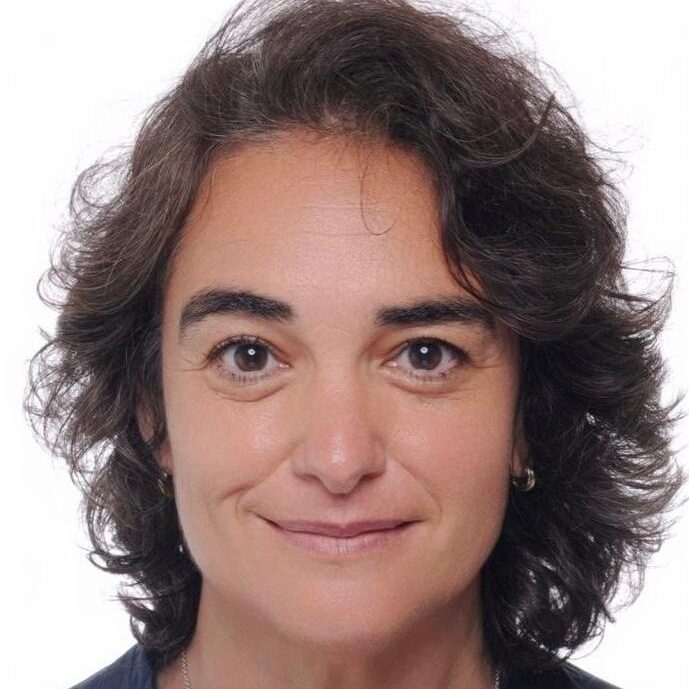Nowadays, digital technologies and IT systems are an elementary component of many products, services, processes, structures and business models. Corporate competitiveness and digital responsibility are therefore inextricably linked to the successful management of IT and digital innovations. IT is increasingly being called upon to play a strategic role in actively shaping the company’s value creation. To this end, the IT function not only deals with the requirements of customers, employees and partners of the company, but also develops, evaluates and introduces digital innovations and thinks about the transformation of the organization. For example, the business and IT sides of the organization must be increasingly integrated in terms of control, structure and process organization. The ecosystem of innovation partners and IT service providers must be increasingly included in strategy development and implementation. And last but not least, digital skills and competencies must be developed and promoted throughout the company.
This range of topics raises many important questions about the social, economic, organizational and technical aspects of strategic IT management and organizational change. We invite researchers to submit their work results and solutions to these questions in the “IT Strategy, Management & Governance” track. The track is open to different research methods.
Possible topics:
- Development, alignment, and implementation of IT strategies
- Governance of IS/IT (e.g., changing C-Level roles and challenges (CIO, CDO, etc.), portfolio management)
- IS/IT management (e.g., Agile, projects, software development, structures, processes, algorithms for matching and control)
- Management and transformation of enterprise architectures
- Organizational development and IS/IT (e.g., Scaled-Agile, (Biz)DevOps, Bimodal-IT, organization of AI deployment, blockchain, analytics, platforms for organization)
- Management of skills and competencies in IS/IT
- IS/IT ecosystem management (e.g., supplier management, IT outsourcing, cloud computing, hybrid work alignment, gig and freelancer integration)
Track chairs
AEs
- Prof. Dr. Frederik Ahlemann, University of Duisburg-Essen
- Prof. Dr. Stephan Aier, University of St. Gallen
- Prof. Dr. Rainer Alt, University of Leipzig
- Dr. Franceso Balocco, Vrije Universiteit Amsterdam
- Prof. Dr. Ulrike Baumöl, University of St. Gallen
- Prof. Dr. Arne Buchwald, University of Applied Sciences Neu-Ulm
- Dr. Andreas Drechsler, Victoria University of Wellington
- Prof. Dr. Daniel Fürstenau, Freie Universität Berlin
- Prof. Dr. Steffi Haag, University of Düsseldorf
- Dr. Andreas Ihl, University of Krems
- Prof. Dr. Helmut Krcmar, Technical University of Munich
- Prof. Dr. Julia Krönung, Fernuniversität Hagen
- Dr. Stephan Kühnel, University of Halle-Wittenberg
- Dr. Christian Kurtz, University of Hamburg
- Prof. Dr. Ulrike Lechner, University of the Bundeswehr Munich
- Prof. Dr. Franz Lehner, University of Passau
- Prof. Dr. Anna-Maria Oberländer, University of Bayreuth
- Prof. Dr. Hannes Rothe, University of Duisburg-Essen
- Prof. Dr. Reinhard Schütte, University of Duisburg-Essen
- Prof. Dr. Kai Spohrer, Frankfurt School of Finance & Management
- Prof. Dr. Markus Westner, OTH Regensburg
- Prof. Dr. Till Winkler, Fernuniversität Hagen
- Prof. Dr. Rüdiger Zarnekow, Technical University of Berlin
THIS SITE MAY CONTAIN TRANSLATIONS POWERED BY OTHER THIRD PARTY SERVICES.



